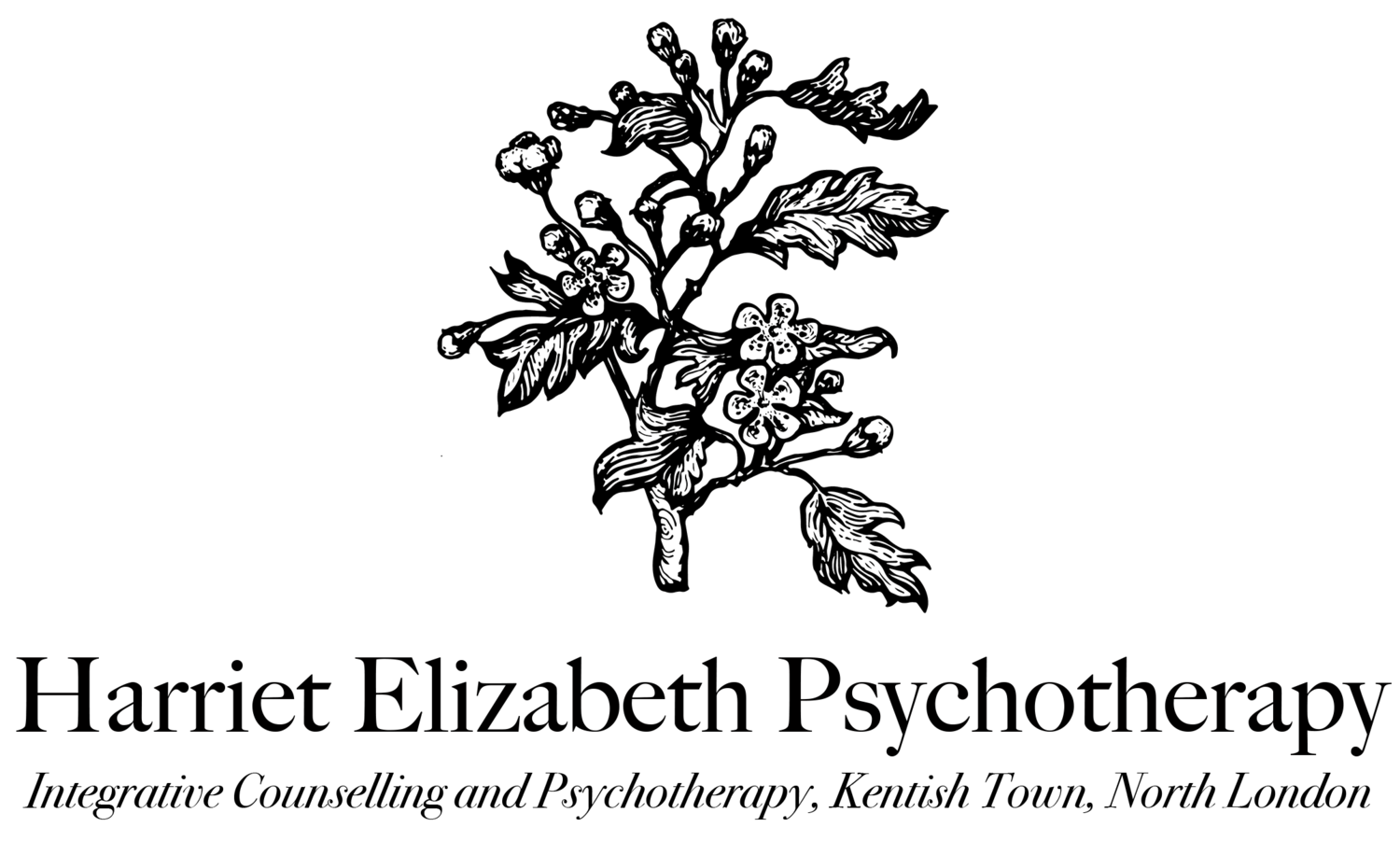
“There is a crack in everything. That’s how the light gets in.” - Leonard Cohen
Integrative Counsellor and Psychotherapist (MA, PGDip, MBACP).
Long and short term, one-to-one therapy for adults (18+).
My original BA was in English Literature. I believe this ignited a fascination and compassion for people and their stories as well as a desire to understand them better. I went on to study an MA in Fine Art, then was a touring musician and songwriter for several years. Nowadays, my creativity has found its most natural resting place in the mysterious art of psychotherapy. This may simply manifest in our conversation, and what is weaved together in that interaction. However, I am also very much open to working with your preferred forms of expression or even experimenting with modes you have yet to explore.
Together we will work towards a deeper understanding of the meaning you make of your life.
I hold a Masters in Integrative Counselling and Psychotherapy from the Minster Centre and have experience of working with: anxiety, addiction, depression, bereavement, loss, trauma, abuse, major life changes and issues around identity.
My theoretical orientation is Integrative and Relational and as such, unique to the particular alchemy of you and I in the room together. The approach that infuses me as your therapist is somewhat of a neuroscientifically informed melting pot. As Integrative therapists, we are trained in a range of theoretical models as well as rigorously challenged around the personal experience we bring to the table as a subject. There is a dual underpinning which form the roots of my process, namely a foundation of Psychodynamic theory alongside a more collaborative, client-centred approach in the room. I am also informed by Attachment Theory and the holistic implications of Body Psychotherapy.
I am a sex positive, LGBTQI+ affirming therapist and have worked with clients from a diverse range of backgrounds.
I am a member of the BACP (British Association for Counselling and Psychotherapy) and adhere to the BACP ethical framework.

“The meeting of two personalities is like the contact of two chemical substances: if there is any reaction, both are transformed.”
– Carl Jung
My Training at The Minster Centre
Philosophy:
We believe that good therapy can support people to explore their whole selves. Integrative psychotherapy supports people to explore their conscious and unconscious, their thoughts, feelings, desires and beliefs alongside their personal and cultural histories, relationships and present environment.
Different theoretical approaches give powerful insights into what it means to be human, the factors that shape us, how psychological suffering arises and what can be done to alleviate it. We believe that many approaches have valuable contributions to make and that no single theory offers a complete account. As a result, we see integrative therapy as a process rather than the production of a fixed solution. We aim to train therapists who understand:
The importance of both our early years’ experience and the unconscious alongside here-and-now experiences and relationships.
The place of the body in emotion, experience, growth and change, including what neuroscience and attachment studies teach us.
The potential of symbolism, spirituality and creativity to transform our experiences.
The impact of the social and political environment on our relationships, and wellbeing, and our sense of self and identity.
Values
We will strive to ensure that our actions are true to our beliefs by:
Recognising and valuing difference and diversity.
Taking steps to make our training and services relevant and accessible to as many people as possible.
Being curious and receptive to new experiences.
Being willing to challenge, take risks and lead by example to achieve our aspirations.
Caring for the whole person and recognising their individual circumstances
Having the courage of our convictions.
Acting fairly and honestly, being accountable and open, being thorough in our approach to ethical standards.

